Students Disappointed With Fordham’s Attendance Policy
Auricchio noted that the policy may be adjusted due to general confusion and dissatisfaction from undergraduate students
Some students have been dissatisfied with the necessary requirements for obtaining an excused absence such as paying for a doctor’s visit to receive an official note.
November 16, 2022
Fordham’s attendance policy expects students to attend every class for the courses they are registered for and allows flexibility for attendance at the professor’s discretion. As a result, whether unexcused absences are penalized or permitted is contingent on the instructor.
An unexcused absence, per the university’s definition, is any reason for missing class other than a religious holiday, serious illness, death in the student’s immediate family or required participation in a university-sponsored event. The student must provide the appropriate documentation to their dean by filling out an excused absence form. According to Jenifer Campbell, dean of students at Lincoln Center, the university opted to use the form to monitor the different reasons students were requesting absences in order to make the process for filing for an unexcused absence consistent.
The maximum number of total absences, excused or unexcused, allowed in a class per semester is six for a class that meets three times a week, four for one that meets two times a week and two if it meets once a week, unless otherwise noted in the professor’s syllabus. Professors have the liberty of deciding how many of those absences can be excused or unexcused, ranging from zero to the maximum number allowed by the university.
A student’s final grade can be docked for accruing excessive unexcused absences if it is their professors policy, professors maintain final say on the matter and are not obligated to allow for students to complete makeup work. Faculty members are required to specify their attendance policies in their syllabus, which is to be distributed at the first course meeting, and establishing a more stringent policy requires the approval of their respective department.
Undergraduate students have expressed dissatisfaction with the required qualifications for an excused absence. In instances such as sickness, individuals may find it unnecessary to pay for a doctor’s visit, which would then result in them receiving no documentation for an excused absence. This can cause students to attend class while sick in fear of how this may affect their grade.
Rachel Dasey, Fordham College at Rose Hill ’25, shared that she becomes sick often and gets a fever every two weeks.
“Having limited absences means I have to go to class while sick, which I don’t want to do,” she said.
Isabella Katis, Fordham College at Lincoln Center (FCLC) ’25, also has personal experiences with a condition that has caused her to not attend class, with her absence marked as unexcused.
“I have IBS (Irritable Bowel Syndrome) and I have celiac disease, so sometimes it happens that I get cross contaminated, for whatever reason, and I’ll get really ill,” she said. “I definitely don’t want to come to class.”
Katis believes that an unexcused absence is unreflective of the work ethic of a dedicated student if they are committed to the course loads expectations.
“If you’re a diligent student, that shouldn’t reflect your grade,” Katis said. “It’s up to you to make it up.”
Mandy Castillo, FCLC ’25, spoke on how she attended her classes while experiencing side effects of the COVID-19 bivalent booster. Side effects in the days following the bivalent booster dose range from soreness to fever and chills. Although these effects do not constitute a “serious illness,” Castillo noted that they may be a reason for students to not be present in class if they feel unwell.
“I had chills, followed by heat flashes and body aches,” she said. “I thought it would go away by the morning, but I woke up feeling worse.”
Castillo added that she had two classes that day but found it difficult to get out of bed which made attending class even harder.
Additionally, commuters may also run into unforeseen events on their commute that could result in them missing class.
Fordham’s attendance policy is more structured than the policies of other nearby private universities like Pace University or New York University (NYU).
Diane Detournay, a professor in the women, gender and sexuality studies department, highlighted the various reasons that students tend to miss class and stressed her approach of working alongside students to ensure their well-being in addition to attendance.
“If a student is missing class, it is usually because they have something going on in their lives– it could be anything from needing to support family members to contending with mental health issues,” she said. “Rather than punishing students for not attending, I think the response should be to check in and strategize together about how to get back into the classroom.”
Detournay also noted that she values time with students in class and thinks it is important for students to be there, but she doesn’t believe in “punitive and disciplinary approaches.”
Fordham’s attendance policy is more structured than the policies of other nearby private universities like Pace University or New York University (NYU).
Laura Auricchio, dean of FCLC, emphasized that a standard attendance policy is crucial for any university, because it serves as a guarantee of student learning as well as maintains engagement within classrooms.
Korbin Vera, NYU Tandon School of Engineering ’25, said he has yet to run into any issues concerning his attendance.
“Sometimes, a small part of your grade is determined by participation which can include attendance, but there’s no hard rule or requirement,” Vera said. “It’s usually implied that if you don’t go to class you won’t do as well, but you can not go often and still do well.”
Laura Auricchio, dean of FCLC, emphasized that a standard attendance policy is crucial for any university, because it serves as a guarantee of student learning as well as maintains engagement within classrooms. Additionally, the procedure ensures students eligibility to qualify for participation in federal financial aid programs as well as compliance with visa requirements.
“I have observed a good deal of confusion on the part of students, faculty, and administrators alike about the specifics of Fordham’s attendance policy and the practices of implementing it,” Auricchio noted. “For that reason, policies and practices around attendance are on the list of topics that will be considered by a new standing committee on undergraduate academic policies and practices that will have its inaugural meeting later this month.”
Auricchio said that the attendance policy may soon be subject to change.

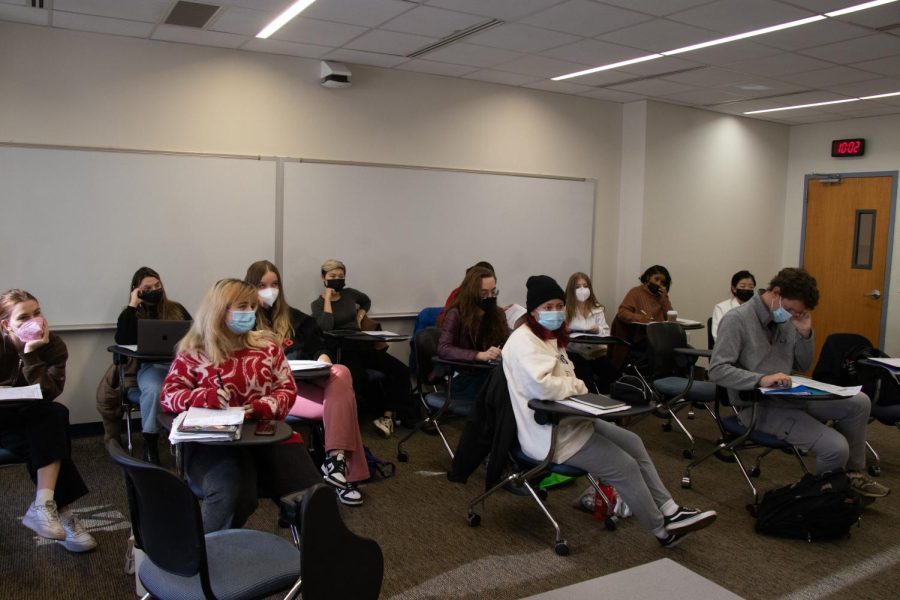
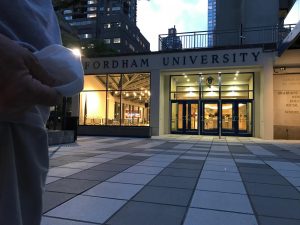
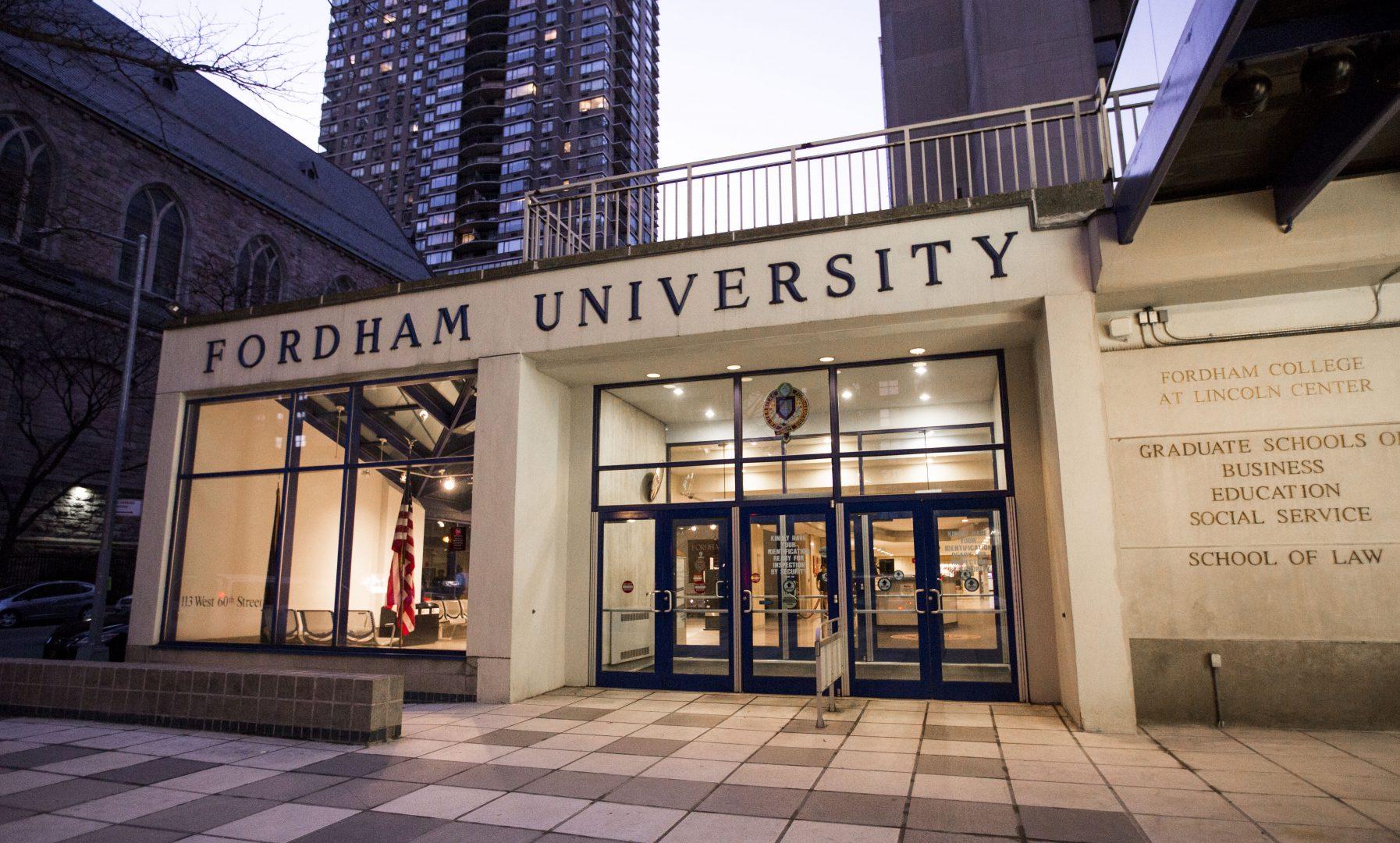
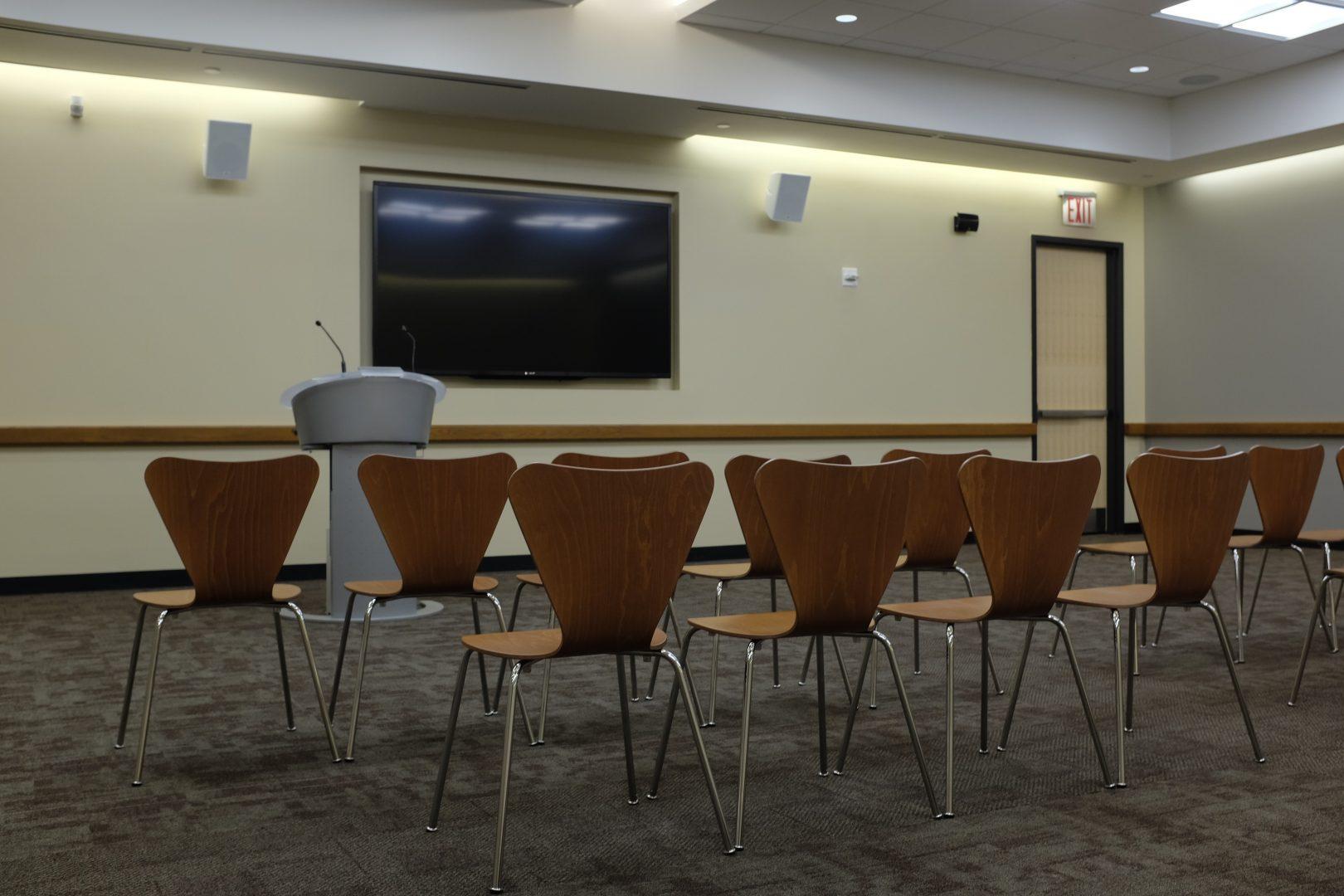
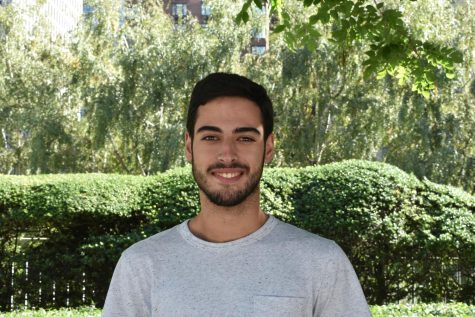











P Burke • Nov 17, 2022 at 6:46 am
Where does Fordham get off treating its students like children with bizarre policies that dispose of respect, trust, health concerns, not to mention the entire history of higher education?
These are adults. They paid the fees. Their grades are their responsibility – not Fordham’s. Throughout history, university students across the globe have been allowed to attend or not attend classes without bully deans tracking attendance.
Furthermore, claiming concern for its community’s health while forcing students to attend class when sick is truly the epitome of hypocrisy. Is anyone at Fordham aware that all schools always tell students to stay home when they’re sick?
If Fordham can’t give trust and respect to its students, it’s not going to get it back from them. Tracking class attendance does nothing but make Fordham look embarrassingly bad.